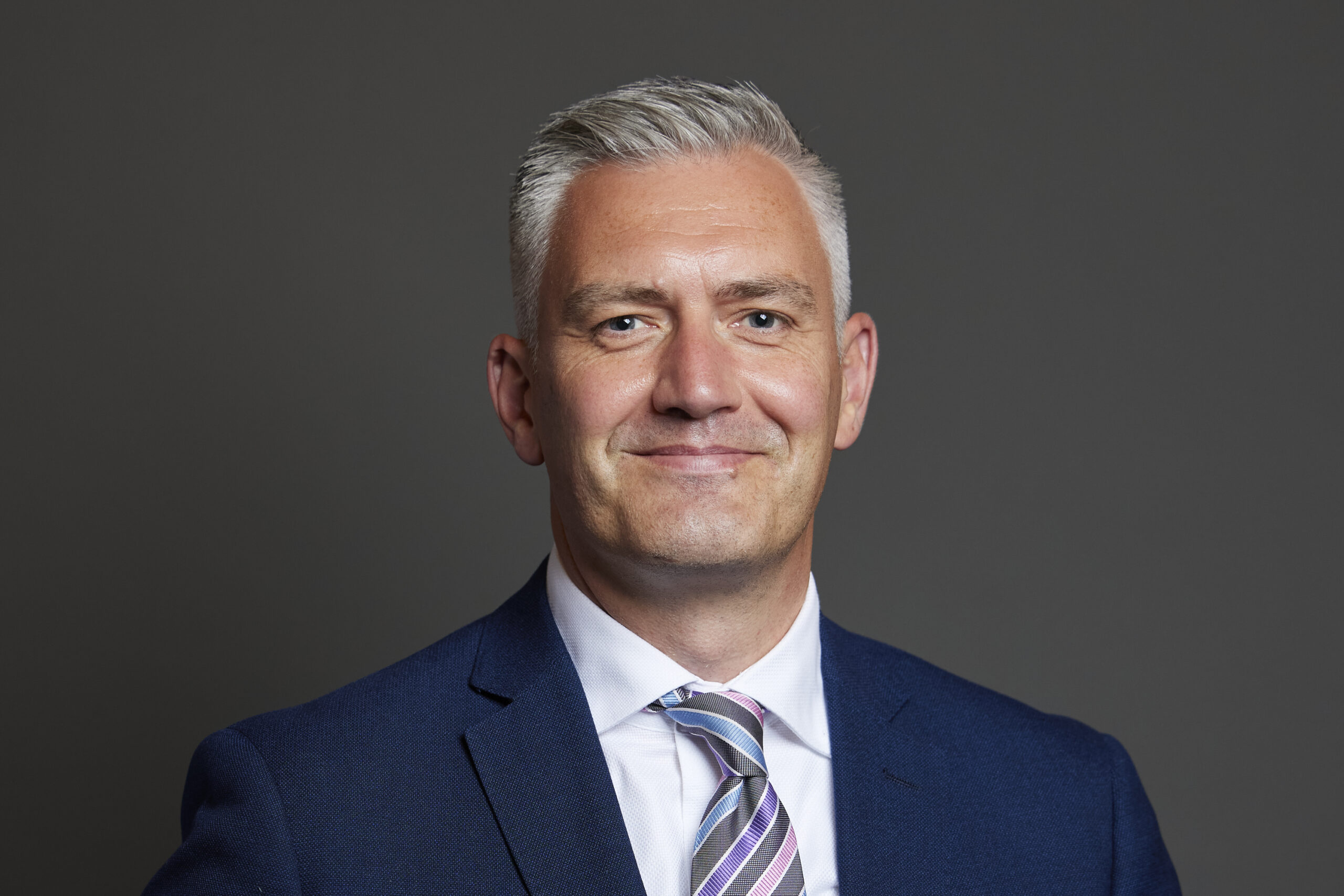Every time we eat a meal, turn the radiator up, or go for a long Sunday walk in the countryside we are benefitting from the hard work of rural communities. Yet these communities, like my constituency of North Northumberland, are not receiving their fair share from this work. This is most obvious in the deteriorating state of public services in rural areas; in North Northumberland our public transport, education system, healthcare, and connectivity often fall well below what is needed for rural flourishing, and all of which interact to create a ‘domino effect’ of poor provision.
Rural areas are not simply urban areas with less houses. Nor are they a clutch of villages on the outer fringes of the British Isles. Up to ten million people are estimated to live in rural areas across the country and these communities have a distinct role to play in the flourishing of our nation. We do not demand city-style public services, but we also cannot safeguard our natural landscapes, preserve our history and traditions, or keep the country fed – let alone provide an alternative vision of the good life – on the back of public service provision calculated by a universal formula in Whitehall.
The problem begins with public transport. Getting around rural areas without a car is extremely difficult, and North Northumberland residents are right to be sceptical of local bus services, considering that Arriva – the main operator – is owned by an American equity investment fund based in Miami. Recently I was made aware of a constituent’s teenage daughter who – just weeks into her new apprenticeship in July – saw her morning bus service cancelled by Border Buses. To help her continue the apprenticeship, her family are now paying £150 per week in taxi fees. That’s why I’m pleased that the North-East Metro Mayor – Kim McGuinness – is planning to deliver an integrated and sustainable transport system across the region, with a focus on bringing buses back into public control.
The story of my constituent’s daughter also indicates how rural areas are held back by a lack of education opportunities. The beautiful but isolated town of Berwick is hamstrung by an under-performing secondary school, which has been waiting years for the Conservative-run local authority to deliver a rebuild. North Northumberland has just four secondary schools across one of the largest constituencies in England, and SEN provision is often in the wrong place for parents, whose children are travelling up to 100 miles a day across the constituency to access specialist education. The funding boost for SEN is very welcome, as is the commitment to equal opportunity for every child, and I look forward to ensuring this rural areas receive their fair share.
But current educational constraints place a natural dampener on the appeal of North Northumberland as a place to move to for work. There are no NHS dentists for 1500sqkm in the heart of the constituency: with schools so far away and further education inaccessible, what healthcare professional would move in with their family? The village of Pegswood (3000 people) has a doctor for half a day a week. That’s why boosting the locality of GPs and improving dental waiting lists by 700,000 appointments is so helpful, but we will also need to think creatively about delivering quality rural healthcare.
And if there is a rural/urban divide, there is a third community: the ultra-rural. Approximately 12,000 homes in North Northumberland are not connected to the gas grid; 1000 homes will not benefit from the commercial rollout of broadband; and more than a handful have no connection to the electricity grid whatsoever. I’m thankful for the Government’s commitment to Project Gigabit and the Shared Rural Network, because otherwise these communities will become increasingly cut-off as the digital age evolves without them.
I look forward to all that the Government is doing and continues to do to support rural areas and am proud to be one of many rural Labour MPs. However, I am also conscious that North Northumberland is ageing as the young emigrate to Newcastle and beyond. This beautiful and vibrant corner of our country risks becoming a museum: full of interesting artefacts for visitors, but lifeless and neglected underneath. We need lively and inter-connected public services that are reliable, resilient, and long-term. We may need to get creative about how we deliver them, but quality public services will allow rural areas to play just as crucial a role in Britain’s future flourishing as in its past.
Most of all, we need to understand that it is not an indulgence to choose to live in the countryside. It’s a joy, to be sure: but the flourishing of our nation also depends on the flourishing of our countryside communities.
Rural areas deserve good local services, public transport and access to health care


